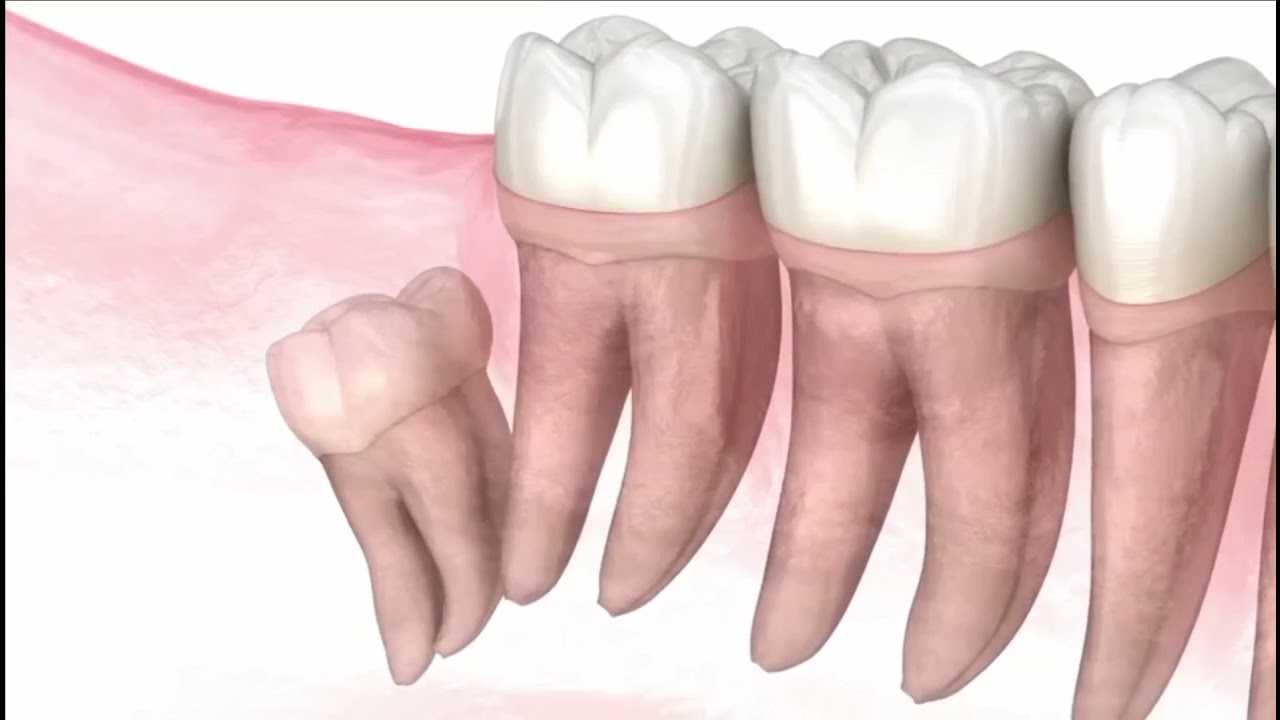
Can Wisdom Teeth Cause Dental Misalignment?

Wisdom teeth, or third molars, are the last molars at the back of your mouth. While these teeth often cause discomfort and potential problems, one concern frequently arises is whether they can contribute to dental misalignment. In this blog, we'll explore how wisdom teeth might affect the alignment of your teeth and what you can do to address or prevent these issues.
Understanding Wisdom Teeth and Their Potential Impact
Wisdom teeth usually emerge between the ages of 17 and 25. For many people, there's simply not enough room in the mouth for these extra molars, which can lead to various dental issues. Here's how wisdom teeth might affect the alignment of your teeth:
1. Crowding of Existing Teeth
- Description: When wisdom teeth emerge, they can push against the neighboring teeth. This additional pressure can cause the teeth to shift or become misaligned.
- Impact: As a result, your once-straight teeth might start to overlap, leading to a crowded appearance. This can affect the aesthetic look of your smile and your ability to maintain good oral hygiene.
2. Shifting of Teeth
- Description: If wisdom teeth are impacted or not positioned correctly, they can exert pressure on the surrounding teeth.
- Impact: This pressure can lead to shifting, particularly if your teeth were previously aligned through orthodontic treatment. Shifting teeth can create gaps and misalignment, affecting your bite and overall dental health.
3. Changes in Bite Alignment
- Description: The emergence of wisdom teeth can affect how your upper and lower teeth come together.
- Impact: This change in bite alignment can lead to issues such as an overbite or underbite, which might necessitate further orthodontic treatment to correct.
4. Misalignment from Impacted Wisdom Teeth
- Description: Impacted wisdom teeth, which do not fully emerge through the gums, can cause adjacent teeth to shift.
- Impact: An impacted tooth can lead to pressure and discomfort in the surrounding area, contributing to dental misalignment and requiring extraction or other interventions to resolve.
Symptoms and Signs of Wisdom Teeth-Related Misalignment
If you suspect that your wisdom teeth might be affecting your dental alignment, watch for the following signs:
- Crowding or Overlapping of Teeth:
- Description: Noticeable changes in how your teeth fit together, including crowding or overlapping.
- Symptoms: Difficulty in cleaning your teeth effectively due to shifting.
- Change in Bite:
- Description: Alterations in how your upper and lower teeth come together when you bite or chew.
- Symptoms: Discomfort or uneven wear on your teeth.
- Visible Shifting:
- Description: Movement of teeth from their original positions.
- Symptoms: Changes in the alignment of your smile or gaps between teeth.
- Jaw Pain or Discomfort:
- Description: Pain in the jaw or surrounding areas due to pressure from emerging wisdom teeth.
- Symptoms: Tenderness or soreness in the back of your mouth.
Preventing and Addressing Wisdom Teeth-Related Misalignment
To prevent and manage potential misalignment caused by wisdom teeth, consider these strategies:
1. Regular Dental Check-Ups
- Routine Visits: Regular check-ups allow your dentist to monitor the development and positioning of your wisdom teeth.
- X-Rays: Periodic X-rays can provide insights into the position of your wisdom teeth and their potential impact on your alignment.
2. Early Intervention
- Consultation: If your wisdom teeth are causing issues or experiencing misalignment symptoms, consult with your dentist or orthodontist.
- Extraction: In some cases, removing wisdom teeth before they cause significant misalignment can prevent future problems. Your dentist will recommend the best action based on your situation.
3. Orthodontic Treatment
- Braces or Aligners: If your teeth have shifted or become misaligned due to wisdom teeth, orthodontic treatment can help restore proper alignment.
- Consultation: An orthodontist can assess your needs and create a customized treatment plan to address misalignment issues.
4. Good Oral Hygiene Practices
- Brushing and Flossing: Maintain a thorough oral hygiene routine to keep your teeth clean and prevent issues such as cavities and gum disease, which can exacerbate alignment problems.
- Dental Tools: Use tools like interdental brushes or water flossers to reach difficult areas around wisdom teeth and prevent plaque buildup.
5. Addressing Impacted Wisdom Teeth
- Monitoring: Monitor any symptoms of impacted wisdom teeth, such as pain or swelling.
- Treatment: If your wisdom teeth are impacted and causing problems, your dentist may recommend extraction or other treatments to alleviate pressure and prevent misalignment.
Conclusion: Keeping Your Smile Aligned with Wisdom Teeth
Wisdom teeth can indeed affect the alignment of your teeth, particularly if they are impacted, cause crowding, or shift the position of surrounding teeth. Regular dental check-ups, early intervention, and good oral hygiene are key to managing and preventing these issues.
Concerned about dental misalignment from wisdom teeth? Schedule your wisdom tooth removal in Andheri West today to address the issue and help prevent further alignment problems.
Author Bio
Article Comments
No Comments!
At present there are zero comments on this article.
Why not be the first to make a comment?
Similar Articles
Search Pages
User Upgrade
account to full use of editor,
Including hyperlinks
Article Categories
There are zero sub-categories in this parent category.
There are zero sub-categories in this parent category.

















